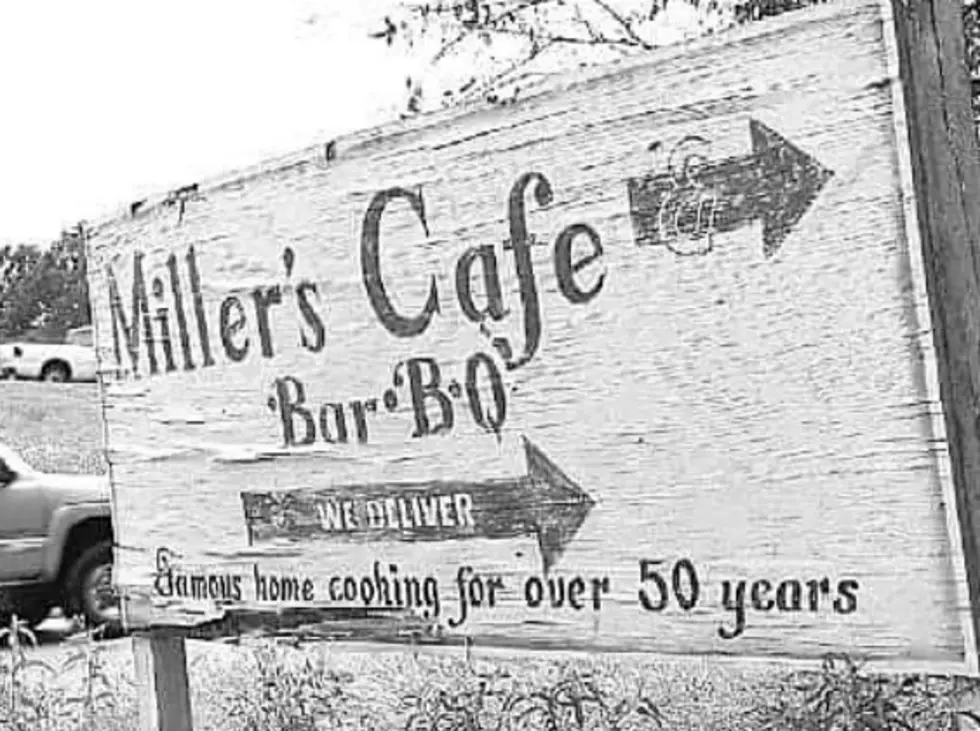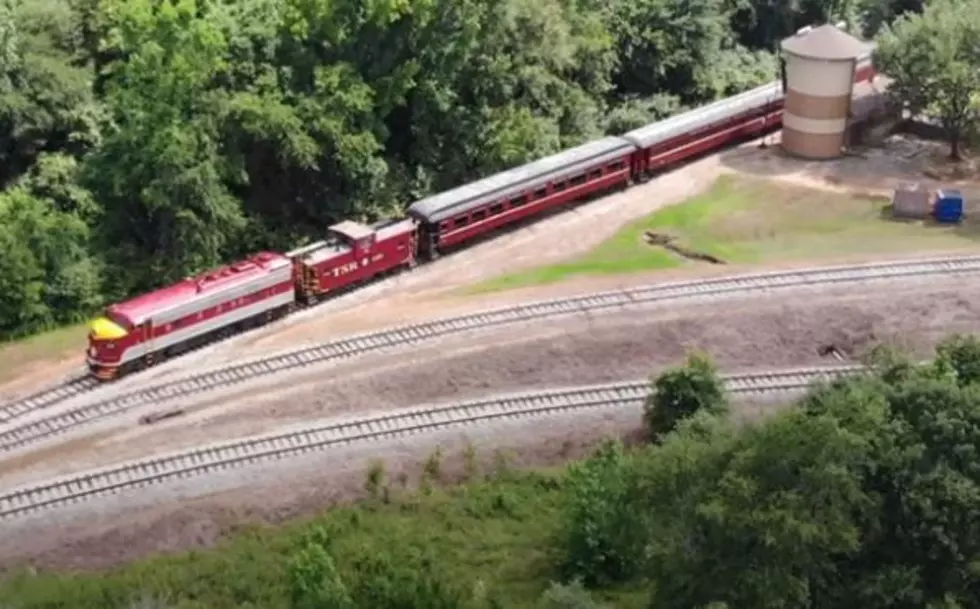
The Biggest Problem With Lake Charles
Lake Charles is a wonderful city. In fact, the whole lake area is a phenomenal hidden gem. The food is great, the people are friendly, and there’s tons of stuff to see and do. It’s a wonder more people aren’t moving here…
Except they are. Which is kind of a problem.
With all the expansion going on, there are bound to be a few growing pains that go along with it. I mean, that’s why they’re called growing pains. Because sometimes, getting bigger hurts.
I’ve already talked about how odd it is that most of the growth in Lake Charles seems to be going on south of 210, but that’s just down to wanting to preserve all the great, unique local flavor we have in North Lake Charles while we continue to grow. It doesn’t really hurt anyone, unless you count things like bad roads, constant flooding, and neglected storefronts as painful.
Okay, so maybe it does hurt.
But it’s a different pain shooting through the community that I want to talk about right now, and it’s one that affects all of us: housing prices.
While the average cost of buying a home in Lake Charles has naturally increased over time, rental prices have skyrocketed in the past few years.
According to DeparmentOfNumbers.com, the median cost of rent in Lake Charles climbed from $657/month in 2005 to $792/month in 2014, which means rent went up by around 20% in less than a decade. Not too bad.
However, Trulia.com reports that the median rent for the past year was at $900 in May of 2015, then peaked at $1,200 last month (April 2016), which means the median cost of rent jumped by around 13% between 2014 and 2015, then again by another 33% as of April 2016.
All together, renters in Lake Charles are paying approximately 83% more in rent today than they did just over a decade ago, with a staggering 52% increase in just the last two years alone.
Unfortunately, the income per capita hasn’t risen to meet the rising cost of rent. In fact, wages haven’t just stagnated since 2014. They’ve gotten worse.
The average per capita income in Lake Charles was $24,778/year in 2005. In 2014, it was $23,626/year - a difference of -$1,152.
It doesn’t take a mathematician to realize those numbers just don’t work, although it would take a mathmagician to pull the proverbial rabbit out of his numbers hat, just to make ends meet.
If you’re making $23,626 a year with a full time job, you’ll be bringing in just under $2,000 before taxes. After federal withholding, social security, medicare and state tax, you’re looking at about $1,500 a month.
Average net income: $1,500/month
Median price of rent: $1,200/month
That leaves the average single person working full time in this city right around $300 a month for luxuries like food and toilet paper from the dollar store. Oh, and other little things like electricity, gas, car payments, etc...
If you also happen to have kids, well, good luck with that.
Look, I get that we’re experiencing a period of rapid growth in Lake Charles - and that’s a good thing. Supply and demand is what it is, and as long as people are moving here and available housing remains at a premium, landlords are going to charge the most the market can bear.
That’s how capitalism works. And that’s fine.
BUT —
What about all the people who already live here? Not everyone can afford to buy a home, so a lot of people rent - and they're being priced out of homes they've lived in for years. It just doesn't seem fair. Which I guess is what life's all about, really. But that doesn't mean we have to like it.
More importantly, we need to be careful not to fall into the boom and bust trap that almost every city always seems to fall into during a period of rapid growth. Just because you can jack up the rent doesn’t mean you should, but not for any benevolent reasons of just being a decent human being or anything. It’s in your own self-interest, too.
The rapid expansion will eventually slow. Temporary workers who’ve been busy building all the things will eventually leave and take their salaries with them to go build more new things somewhere else. If we’re pinning all of our hopes and dreams on something like a new Sasol coming along every few years, we’re in for a shocking disappointment.
You see it all the time in the restaurant business. A new place opens up, and everyone in town flocks to it simply because it’s new. The owners look at their numbers for those first few weeks, then make their yearly projections based off of that opening surge. Then, six months later when the crowds have leveled out and they haven’t been bringing in that same level of business, they suddenly realize how in the red they are, and they either adapt or shut down. Either way, it hurts.
It’s the same thing for housing, really.
If we overcharge for existing properties and then also build a bunch of new houses and apartments and townhouses to cash in on people moving in to build Refinery X or Plant Y, what happens when the jobs are done? The demand for all those units will fall, and so will the cost of rent. And then we end up with a bunch of under-occupied homes with less and less rent coming in - but the taxes won’t change, which will make the cost of maintaining those homes increasingly expensive for the landlords until they eventually get rid of them, and surprise! Welcome to the bust.
That’s why it’s so important to keep investing in what we already have, rather than to just keep building more new stuff south of 210. We also need to calm down and realize that making a quick buck in a booming economy sometimes has consequences. Unfortunately, it’s not the landlords and property owners who will really feel the pain when the lean times inevitably come again.
It’ll be the rest of us, who work for a living.
But isn’t that always the way?
More From 107 JAMZ


![U.S. Coins And Bills Worth More Than Their Face Value [VIDEOS]](http://townsquare.media/site/160/files/2023/06/attachment-starred-dollar-bill-youtube.jpg?w=980&q=75)






